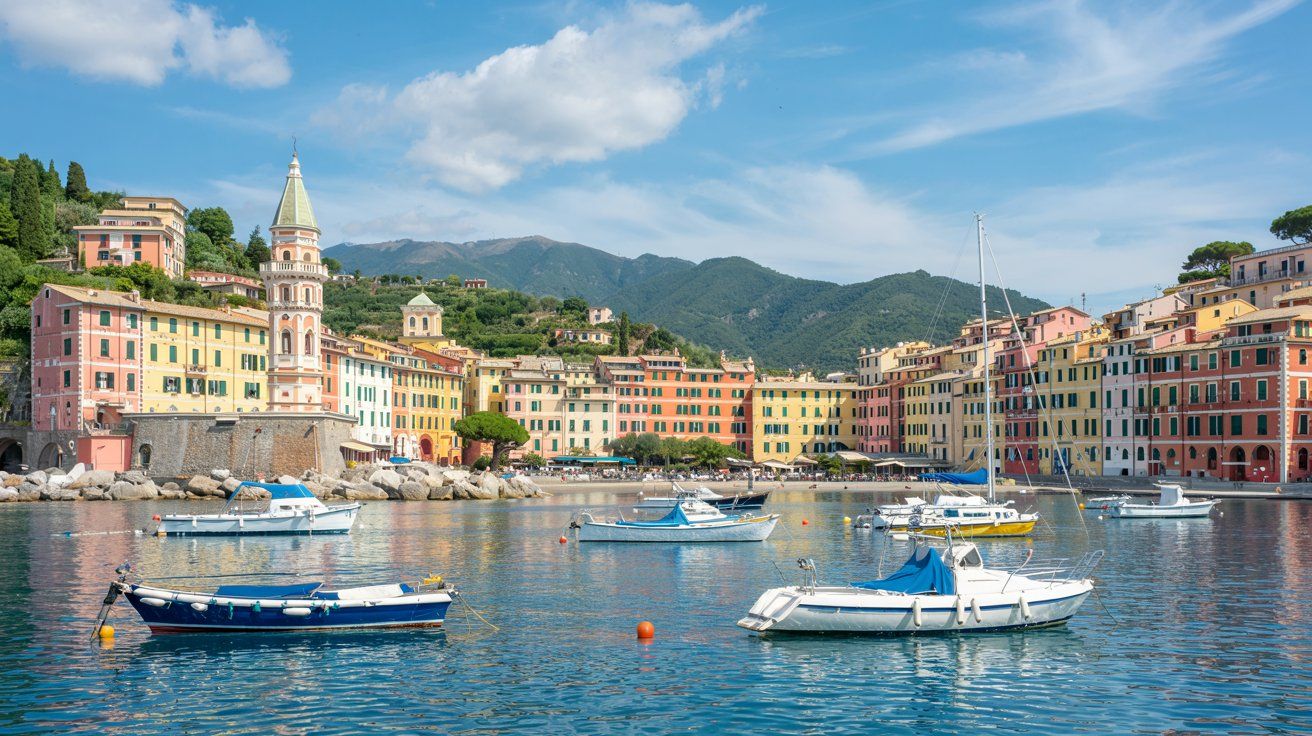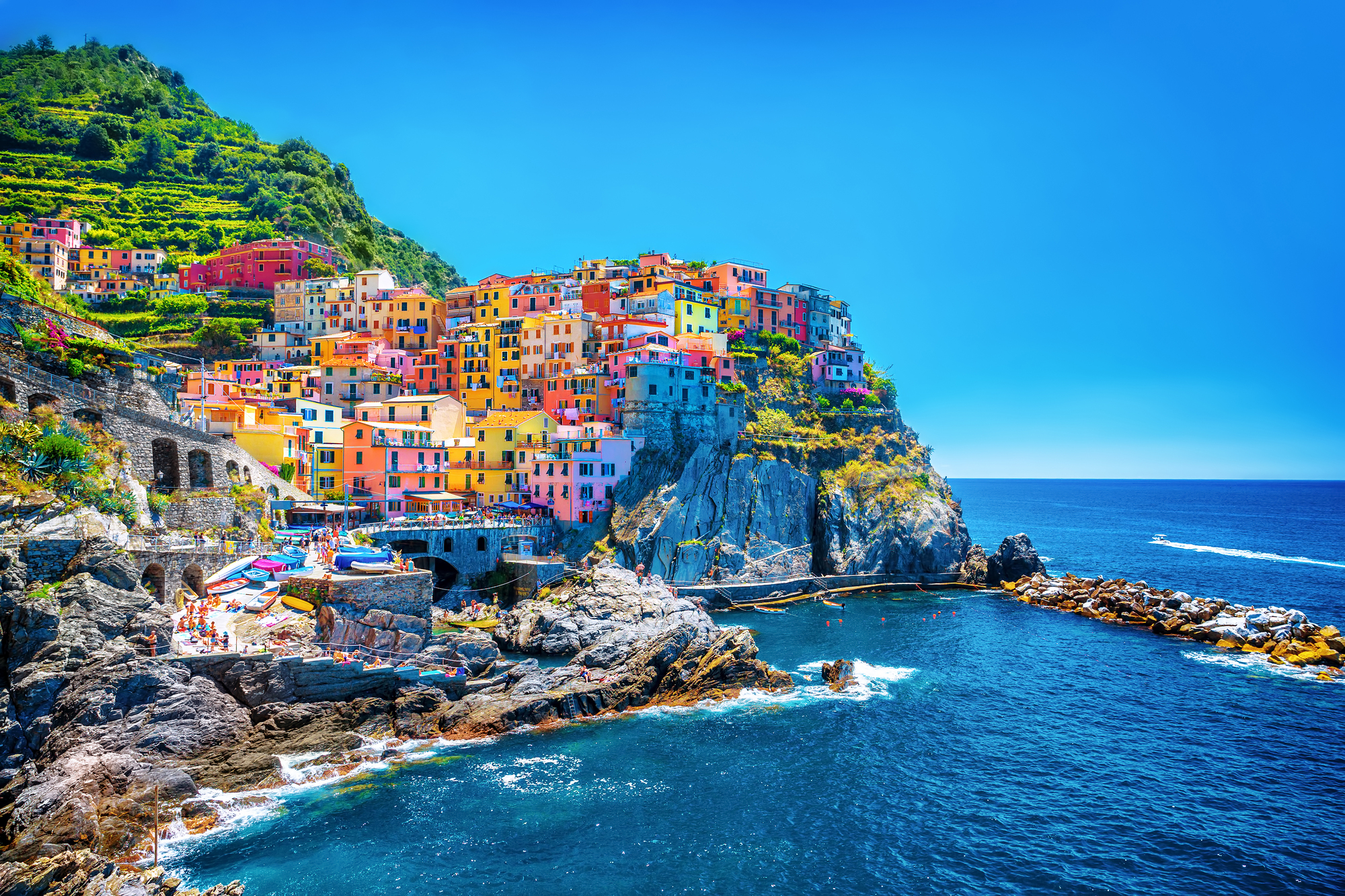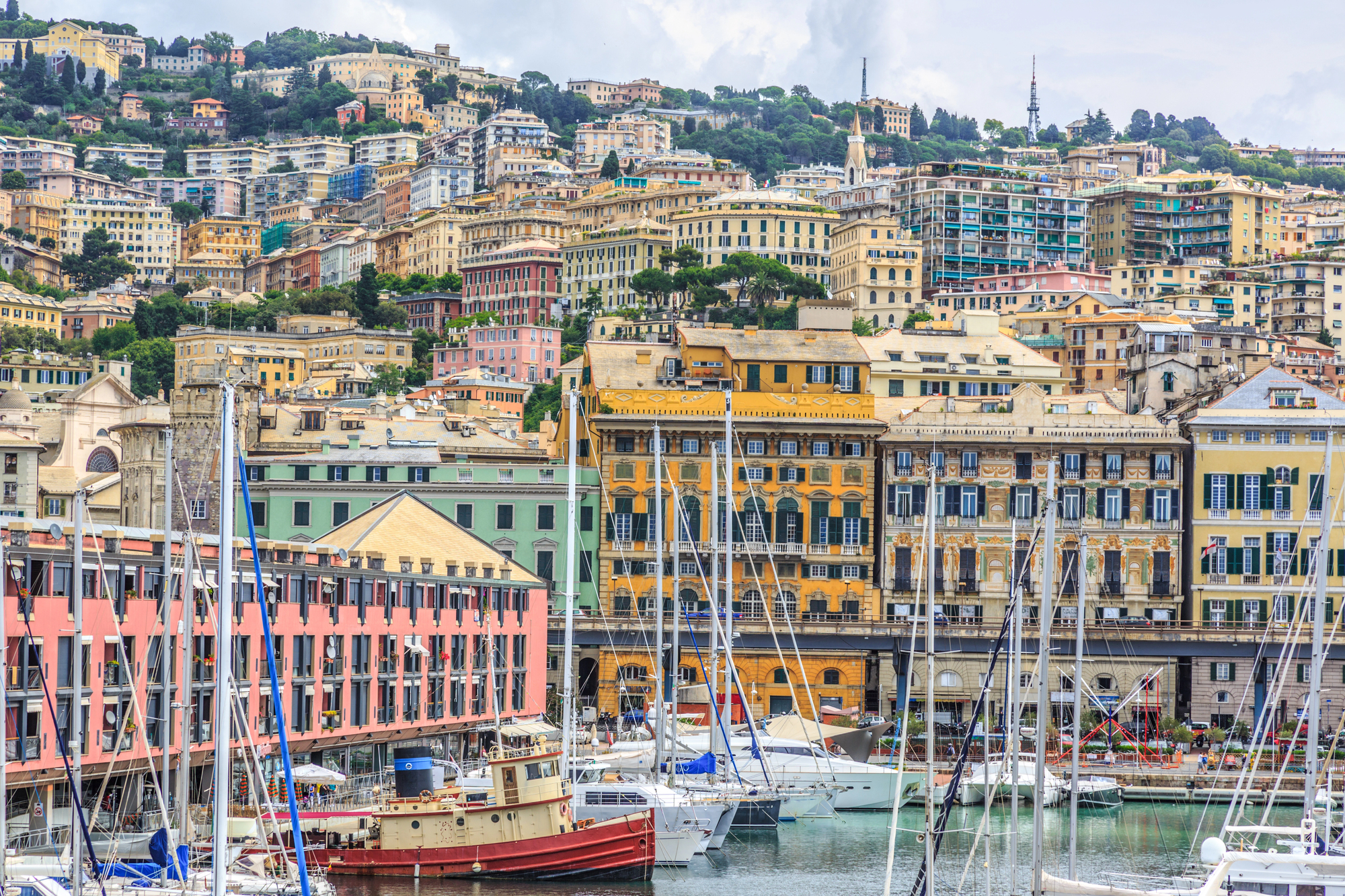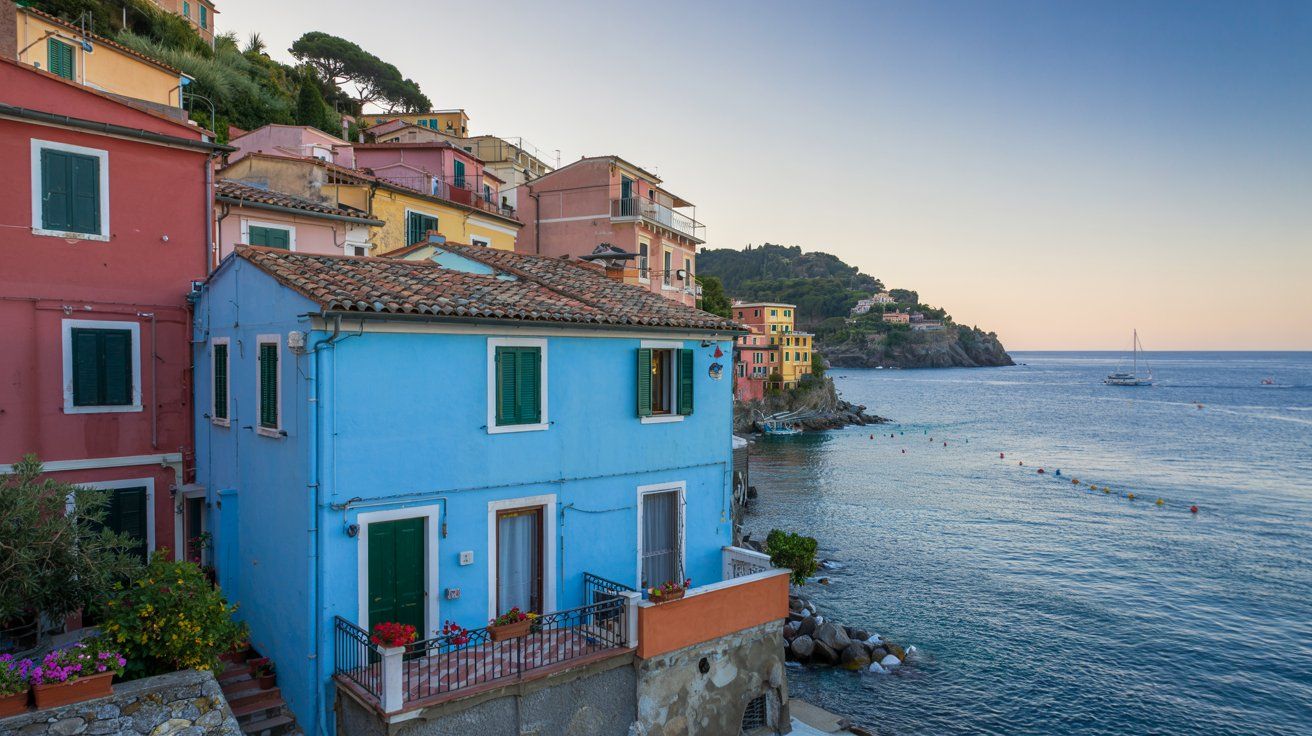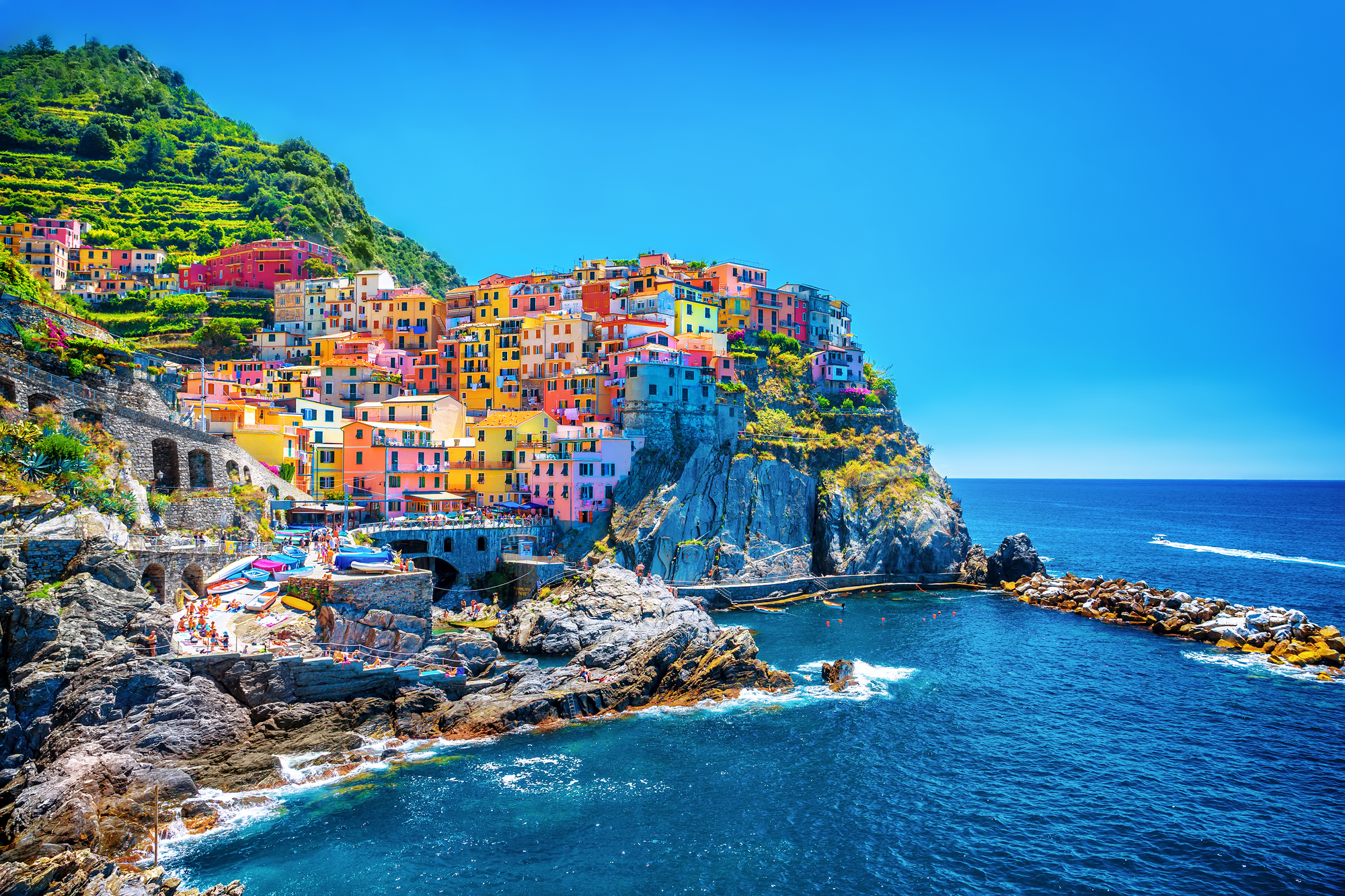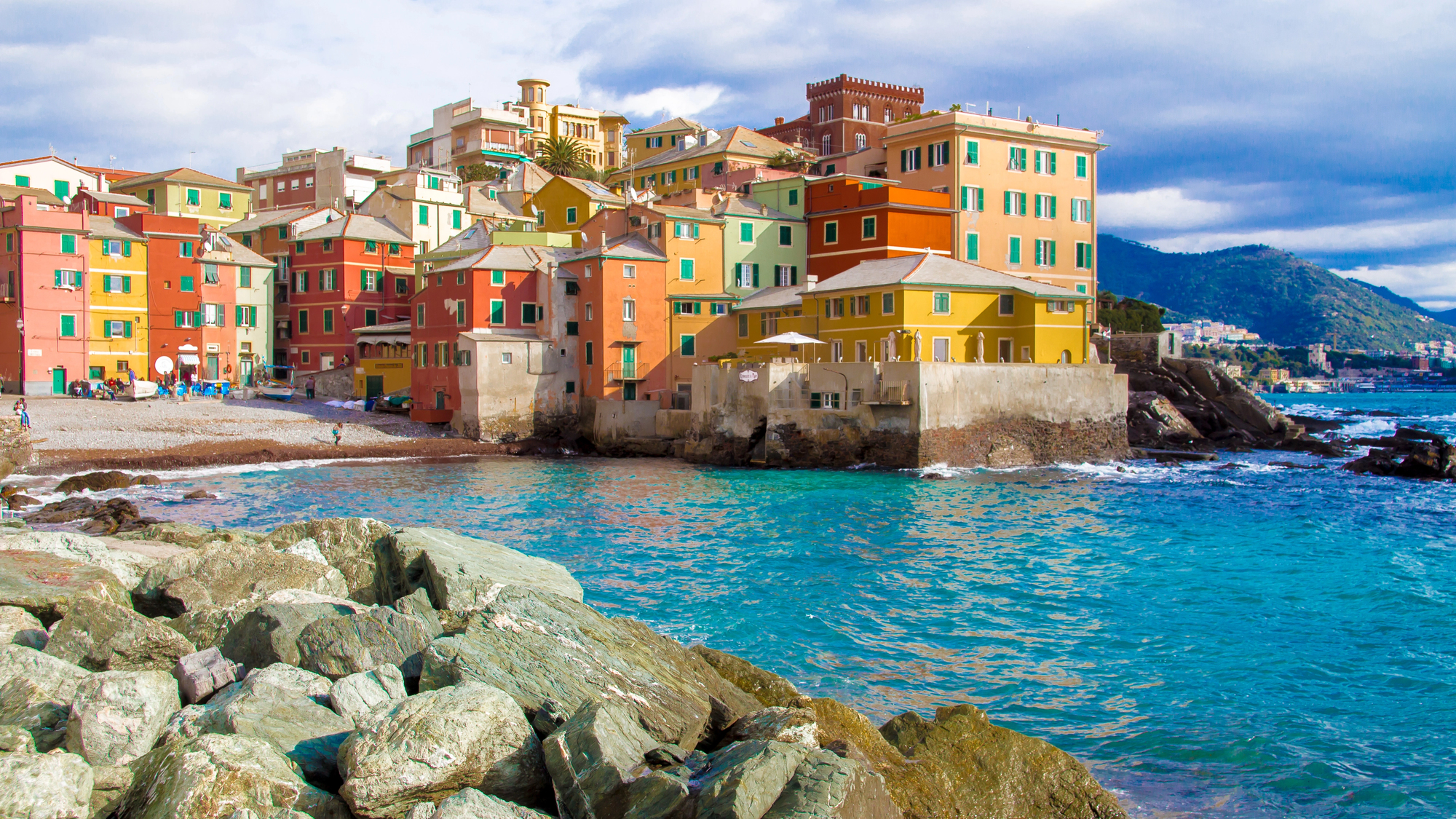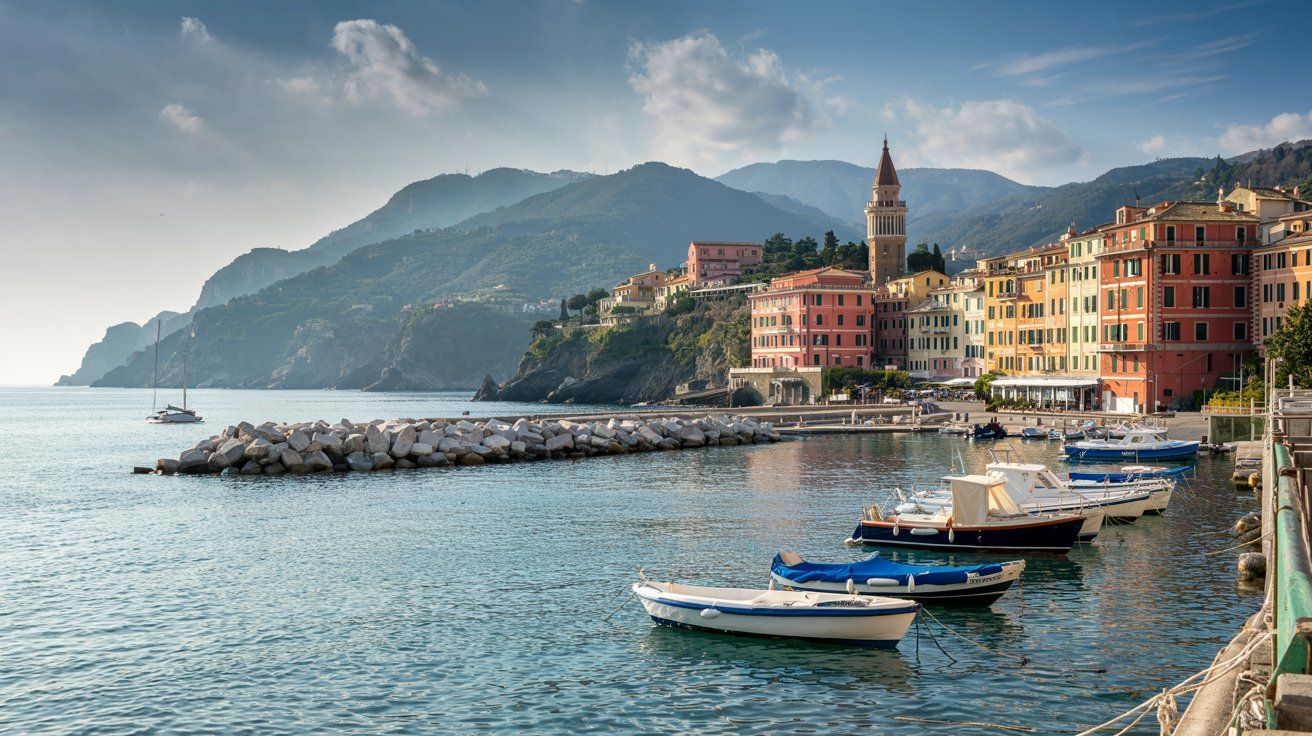In a world where nationality often connects us to our roots and identity, Italy has recently implemented stricter regulations on acquiring citizenship through ancestral bloodlines. This shift marks an important change for those with distant Italian heritage hoping to secure one of the world’s most desirable passports.
The revised laws now demand greater ties to Italy and emphasize active engagement with the country. For travelers or expatriates with an interest in Italy, this news might redefine how they view their connection to this culturally rich and historically significant nation.
Get a discount of 15% to 70% on accommodation in the Italian Riviera! Look for deals here:
Italian Riviera Hotels, Apartments, B&Bs
Understanding Italy’s Citizenship Law Changes
Italy’s citizenship law changes represent a significant departure from the earlier framework. Previously, individuals could seek Italian citizenship simply by proving they had an Italian ancestor alive after the country’s unification in 1861. This broad criterion enabled many people worldwide to claim Italian nationality, irrespective of how distant their familial connection was.
What Do the New Requirements Mean?
Under the newly enacted regulations, applicants must now demonstrate they have a more proximate relationship to Italy. To qualify, an individual must have at least one parent or grandparent of Italian descent. This change underscores a desire to reinforce direct familial ties to Italy, effectively barring claims based solely on distant ancestry.
Furthermore, language proficiency has become mandatory for those claiming citizenship through ancestral ties. Previously, this requirement was only applicable to individuals pursuing naturalization via residency or marriage. Dual citizens must also actively engage with the country by voting, paying taxes, or renewing their passports to maintain their Italian citizenship rights.
The Context Behind the Changes
The Italian government, led by Foreign Minister Antonio Tajani, cited increasing concerns about a surge in citizenship applications internationally. Institutions such as courts, consulates, and municipal offices were reportedly overwhelmed by requests for historical documents and applications.
The system was buckling under the pressure, necessitating reforms to manage the process effectively and address “abusers” with minimal ties to Italy.
A Passport Coveted Around the Globe
Part of Italy’s motivation stems from the desirability of its passport. Ranked third in the 2024 Henley Passport Index, Italian citizenship allows visa-free or visa-on-arrival access to an impressive array of countries worldwide.
It’s no wonder that applications for Italian nationality from abroad have surged by approximately 40% in the past decade, growing from 4.6 million citizens living outside Italy in 2014 to a staggering 6.4 million by 2024.
The new legislation also addresses pending applications. Importantly, the 60,000 applications currently under review will still follow the old regulations, providing relief to those already in the process.
Criticism of the Law’s Limitations
While the new decree tightens ancestral pathways to citizenship, critics have raised concerns about inclusivity. Italy continues to deny birthright citizenship to children born in Italy to immigrant parents.
According to the existing system, these children can only apply for citizenship upon reaching 18 years of age, provided they have lived continuously in Italy since birth.
Italy’s Soul and Citizenship: A Unique Connection to the Italian Riviera
These changes prompt reflection on what it truly means to be Italian, a question that ties deeply into Italy’s heritage, natural beauty, and its famed regions — such as the Italian Riviera. Renowned for its breathtaking coastline, medieval villages, and vibrant towns, the Riviera offers a glimpse into Italy’s cultural soul, reminding both citizens and visitors of what makes this nation extraordinary.
Discover the Italian Riviera’s Charm
Whether you’re an Italian citizen or an avid traveler, the Riviera encapsulates Italy’s essence. Let’s explore eight magnificent destinations that embody the region’s beauty:
- Genoa: The gateway to the Riviera and its largest city, Genoa boasts stunning architecture, vibrant markets, and a rich maritime history.
- Portofino: Known for its glamorous harbor, pastel-colored buildings, and luxury yachts, Portofino offers a quintessential Italian Riviera experience.
- Santa Margherita Ligure: A serene town with elegant villas, tranquil promenades, and a relaxed ambiance.
- Rapallo: Famous for its castle on the seaside and lively waterfront, Rapallo exudes charm and history.
- Camogli: A fishing village turned romantic getaway known for its colorful buildings and incredible seafood.
- Sestri Levante: With its “Bay of Silence,” this town is a hidden gem of tranquility and beauty.
- Cinque Terre: This cluster of five idyllic villages perched on cliffs is a UNESCO World Heritage Site and a bucket-list destination.
- La Spezia: A bustling city that serves as a gateway to Cinque Terre and offers its own unique flair.
Final Thoughts
While Italy’s tighter citizenship laws may limit some individuals’ ability to claim Italian heritage, the country’s deep cultural and historical roots remain universally inspiring.
For those fortunate enough to call themselves Italian citizens or travelers exploring this wondrous land, regions like the Italian Riviera serve as a profound reminder of Italy’s undeniable allure.
So, whether you trace your lineage to an Italian ancestor or simply wish to bask in the Riviera’s beauty, Italy invites you to experience its timeless magic.
Here is the source article for this story: Why Italy has made it harder to become Italian
Get a discount of 15% to 70% on accommodation in the Italian Riviera! Look for deals here:
Italian Riviera Hotels, Apartments, B&Bs

